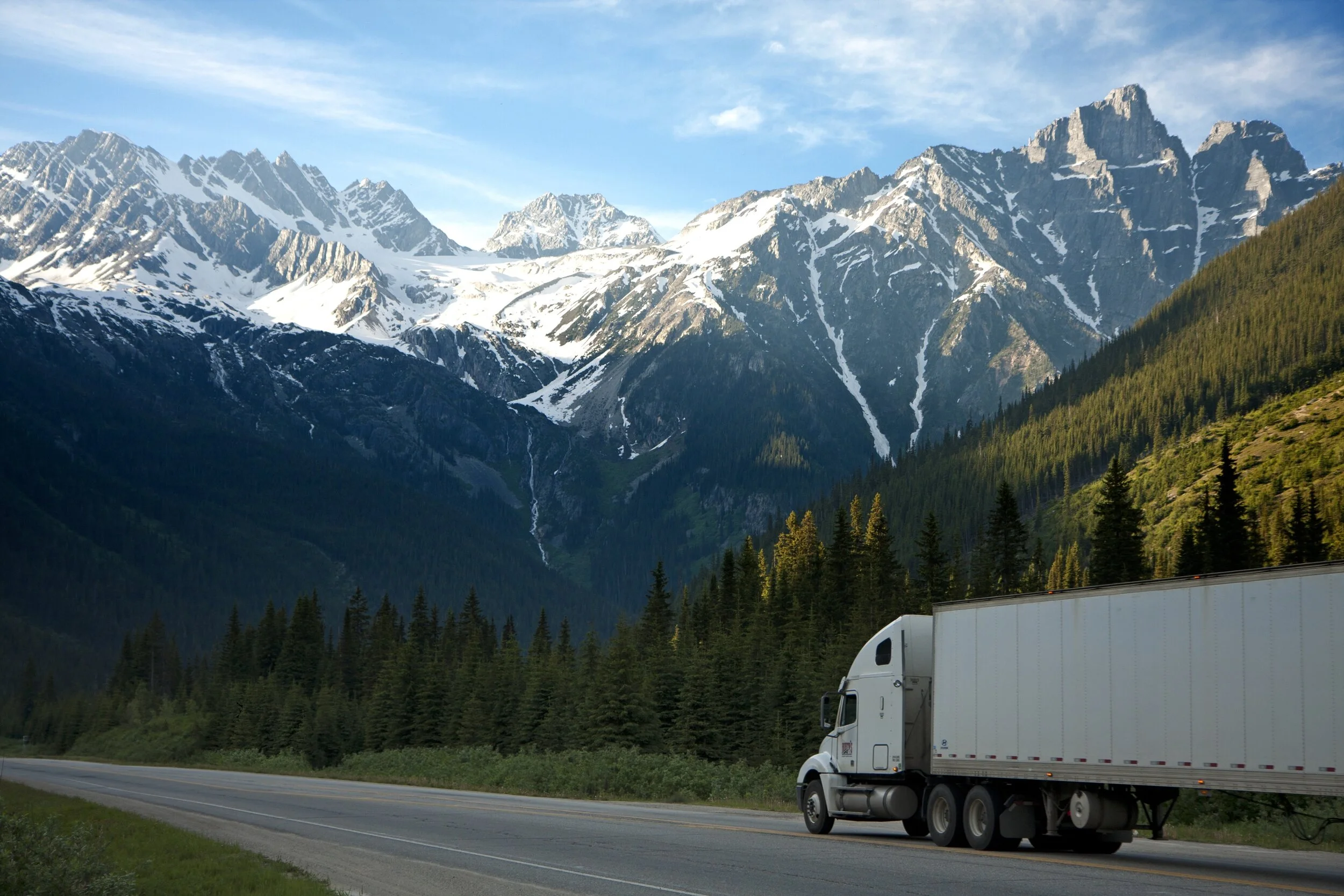The Future Of Sustainable Trucking
States Pushing Back On Trump’s Environmental Policy Changes With Updates To Trucking
By Emily Folk
The Trump administration has reversed 68 environmental regulations over the past three years. There are more than 30 supplementary rollbacks that have yet to be finalized. Despite Trump’s goal to hit 100 revocations, it’s become clear that several corporations aren’t interested. The trucking industry recently proved exactly that.
Here’s a look at what 15 states have to say about a future with sustainable trucking.
A Goal to Implement Electric Alternatives
In June, California’s Air Resources Board (CARB) revealed its Advanced Clean Trucks (ACT) regulation. It details goals to phase out gas and diesel trucks over the next 30 years. Zero-emissions models, or ZEV, will replace current vehicles. All government fleets and delivery trucks have until 2035 to switch entirely to ZEV. By 2050, we can expect California-based truck manufacturers to sell ZEVs exclusively.
Officials from Connecticut, Colorado, Hawaii, Maine, Maryland, Massachusetts, New Jersey, New York, North Carolina, Oregon, Pennsylvania, Rhode Island, Vermont, Washington and Washington, D.C., have signed on to implement similar goals. Many leaders believe that these steps will push their states toward a more sustainable future. It’s likely that other states will eventually follow.
With President Trump’s continuous pushback on environmental issues, it’s more important than ever for states to act.
How These Changes Make a Difference
It’s no secret that America’s economy relies heavily on transport. Without trucks, boats and planes, we wouldn’t be able to enjoy quick access to goods and services.
That mobility comes with a few costs. Transportation contributes significantly to greenhouse gas production. In fact, medium-duty and heavy-duty trucks are second to passenger vehicles at 23% of total emissions output — but there aren’t as many trucks as cars by far.
The agriculture industry would suffer massively if not for its ability to ship products. Whether businesses need to distribute parts or equipment so farmers can keep their assets functional or ship produce to customers, they need to be able to move their goods across America. This new initiative would be especially helpful as a way to remedy agriculture’s current contributions to climate change.
It may take substantial time and money to move more rural industries like agriculture toward sustainable models. That said, it’s always worthwhile to pursue initiatives that save our planet and ourselves from climate-related threats. Goals like those outlined by CARB’s ACT draw attention to environmental issues overall. If we can succeed here, it’s possible to do so everywhere.
What Progress Has Already Been Made?
A few transportation companies have already taken steps toward a greener future. For instance, there are many truck and bus models already available for future use. Companies like Tesla, Volvo and Nikola currently offer ZEV concepts for medium- and heavy-duty trucks. Their fully electric semis will likely undergo a few changes before release. That said, it’s helpful to know companies have decided to pursue better options.
There has been some criticism from industry leaders. Many believe ACT’s timeline won’t match up with various technology- and infrastructure-related adjustments that need to happen first. There are also cost issues.
While it’s a hopeful endeavor and a worthy mission, it’s not without its problems. However, in time and with enough resources and initiative, ACT can become a reality. The industry may even save money as a result.
One Significant Step Often Leads to Many More
The Trump administration’s environmental policy rollbacks cause immense harm to our planet and population. Fortunately, it’s become more common for state leaders to find their own ways to create substantial change. The ACT regulation pushed by CARB proves that one meaningful step can lead to hope for a better future. While it’s impossible to change our ways overnight, it’s worthwhile to try.






